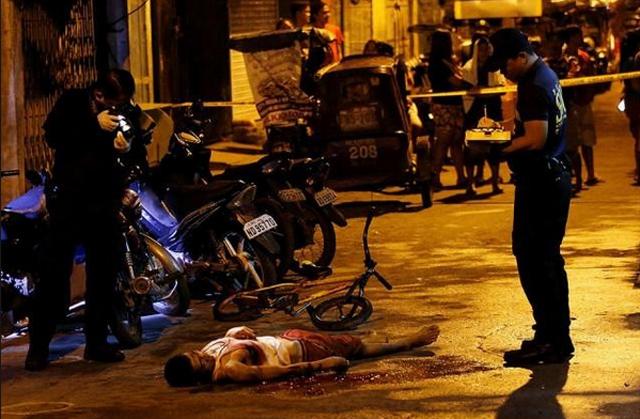OCTA: 55% favor gov”t cooperation with ICC drug war probe
Majority of adult Filipinos – 55 percent – were in favor of the government cooperating with the International Criminal Court’s (ICC’s) investigation into the drug-related killings that took place during the administration of then-President Rodrigo Duterte, results of a non-commissioned survey by OCTA Research showed.
The survey found that cooperation got the most support in Balance Luzon (65%), while the least was in Mindanao (42%). People from the Bicol Region (79%) were most supportive of cooperation, while the Davao Region (6%) was least supportive.
On the other hand, of the 45% of Filipinos who did not want the current government to work with the ICC, most were from Mindanao (58%), and the fewest were in Balance Luzon (35%). The Davao Region (94%) was particularly opposed to ICC cooperation.
OCTA said no major differences were found among socioeconomic classes, with most agreeing to the call for cooperation.
As for age, the highest support came from adult Filipinos aged 75 and up (67%), and the lowest support was observed among those aged 35 to 44 (50%).
The highest percentage also came from adult Filipinos with college or postgraduate education (62%), while the lowest support came from those with a high school education (53%).
Rejoining the ICC
The same OCTA survey also found that 59% of Filipinos favored the Philippines rejoining the ICC, with 41% not in favor.
The most support for rejoining came from Balance Luzon (65%) belonging to Class ABC (67%), while the least supportive were from Mindanao (51%) from Class D (42%).
In Mindanao, the highest support came from Northern Mindanao (92%), while the lowest support was observed in the Davao Region (10%).
Educational attainment was also a factor, with the highest percentage coming from those with college or postgraduate education (63%), while the lowest support was from those with high school education (58%).
It could be recalled that ex-President Rodrigo Duterte pulled the Philippines out of the Hague-based ICC’s Rome Statute in 2018, with the withdrawal taking effect in 2019, after the tribunal began a preliminary probe into the drug war.
President Ferdinand “Bongbong” Marcos Jr. said he considered the ICC a threat to Philippine sovereignty. He also did not recognize the ICC’s jurisdiction over the country.
The OCTA survey was taken from December 10 to 14, 2023, using face-to-face interviews of 1,200 adults nationwide. The survey had a ±3% margin of error at a 95% confidence level. — DVM, GMA Integrated News



